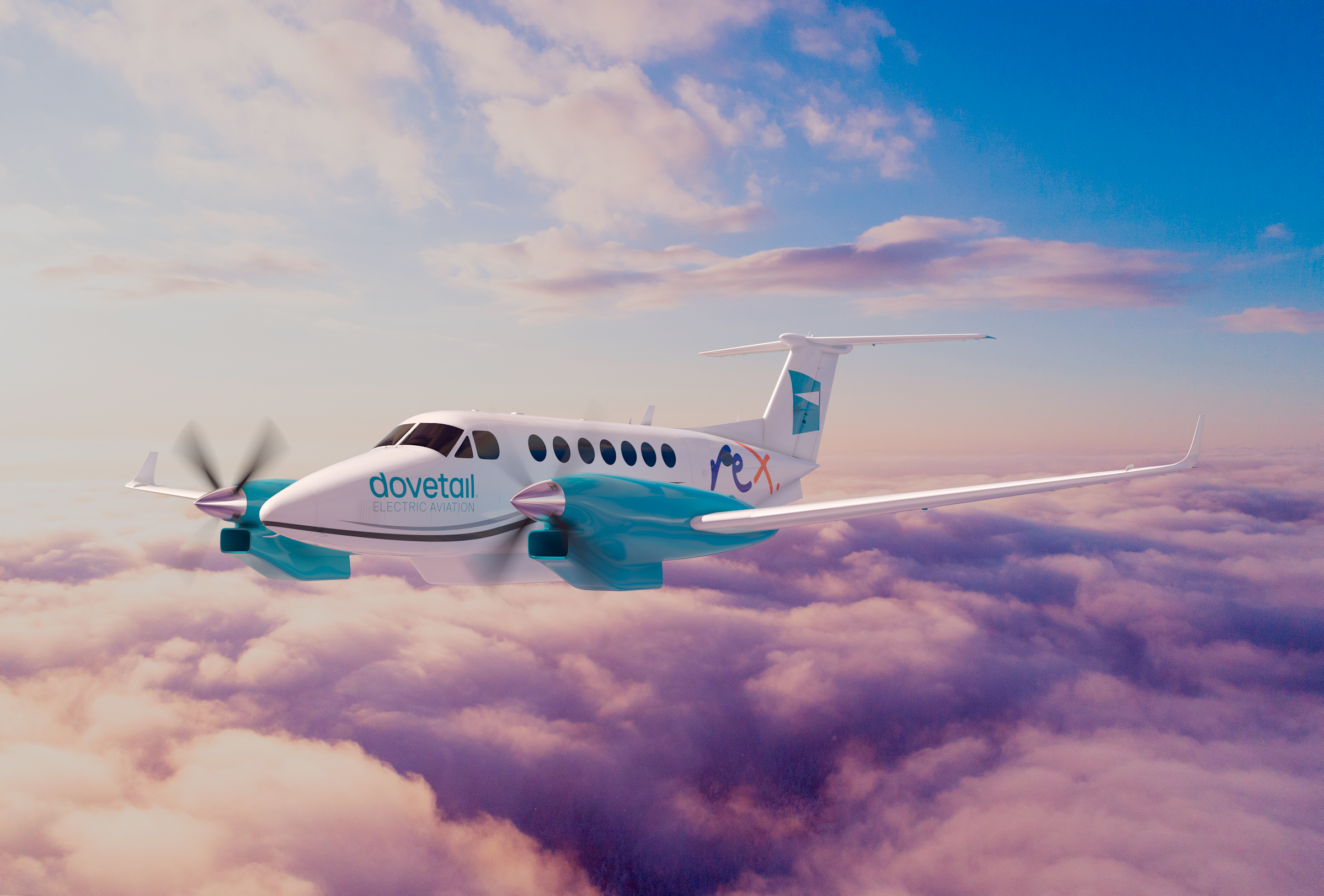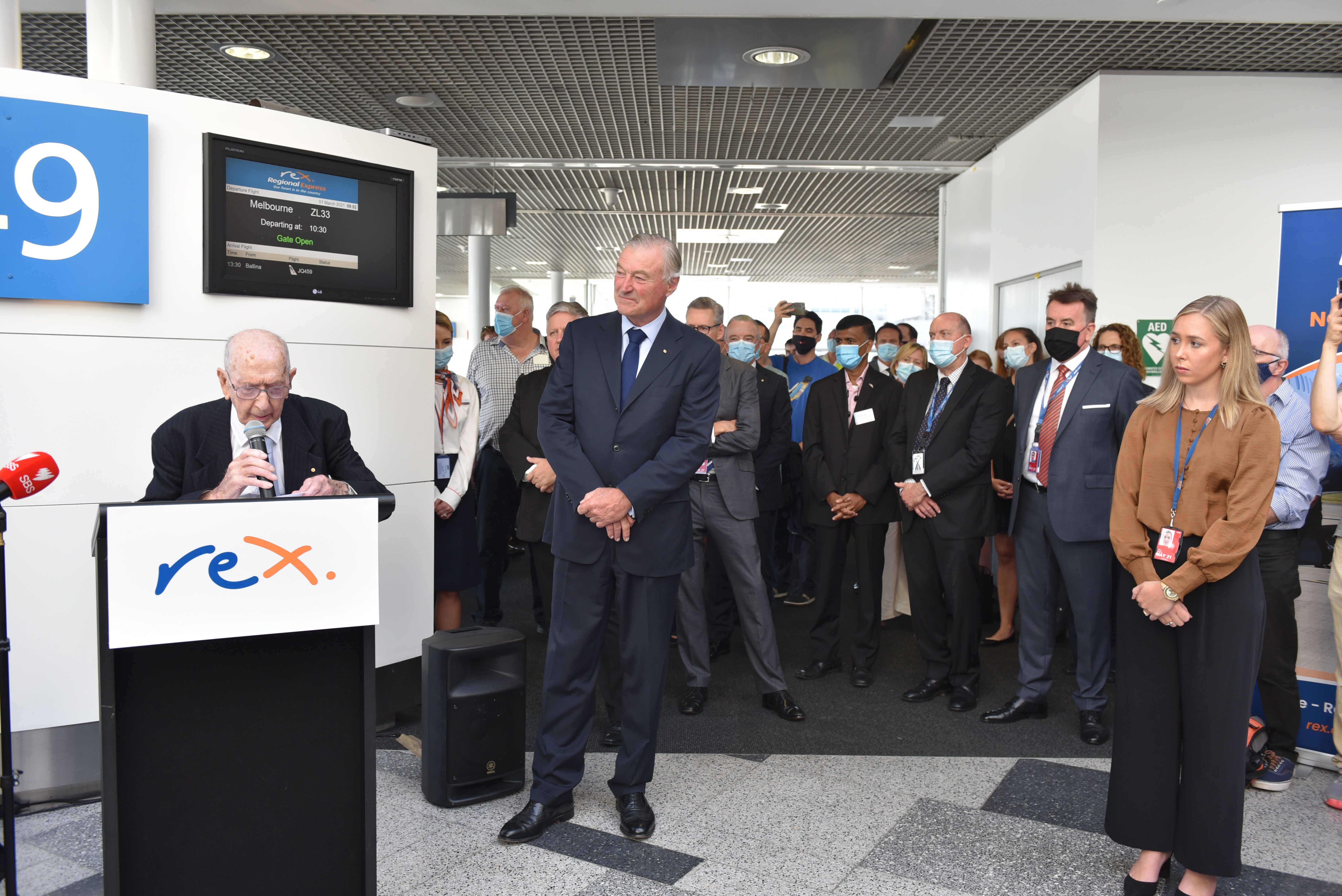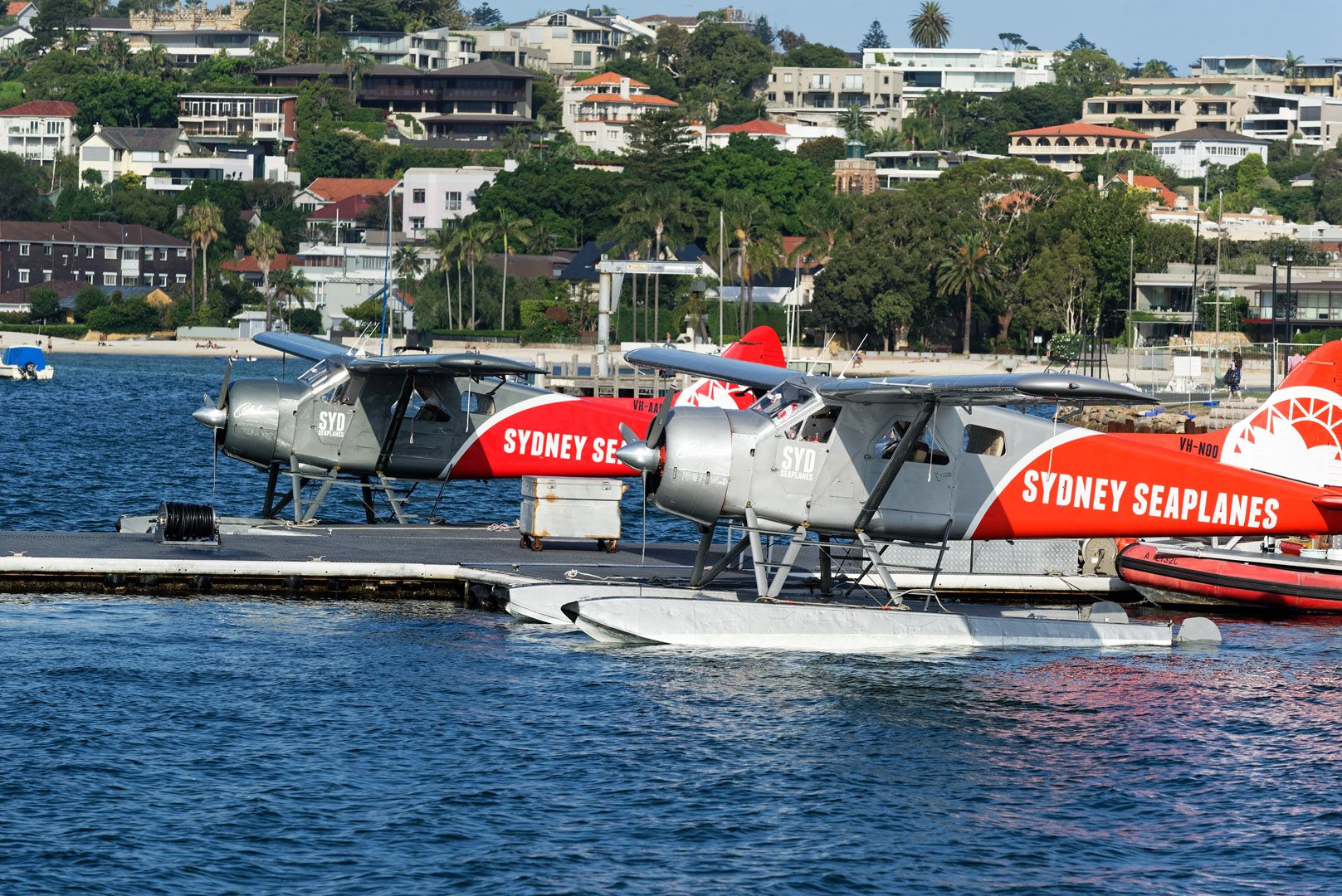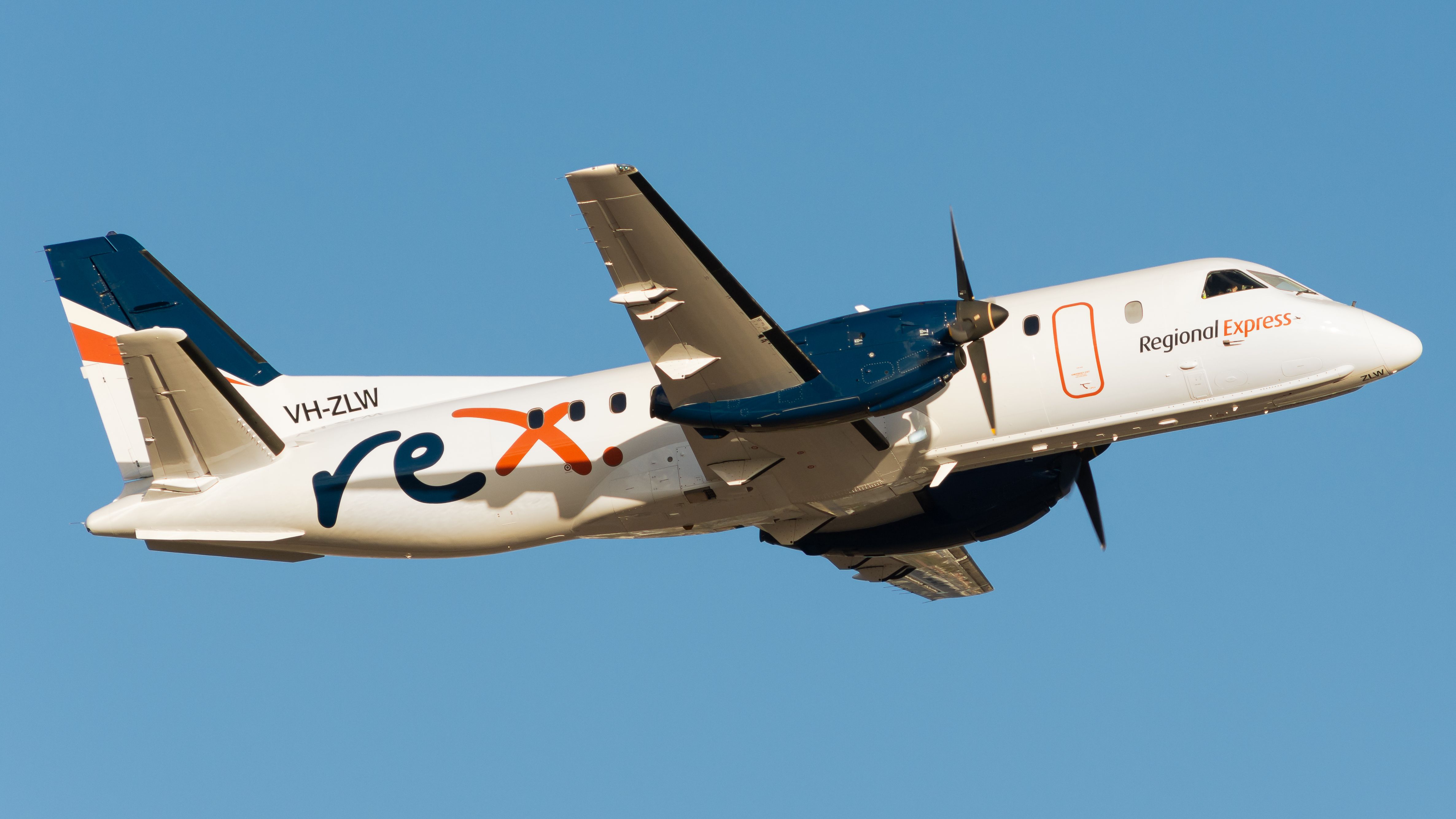In the week when one of the founding fathers of Regional Express (Rex) passed away, the airline announced it had acquired a 20% stake in electric aircraft company Dovetail Electric Aviation.
Max Hazelton, who died a few weeks short of his 96th birthday, was an Australian aviation pioneer and the airline he built from scratch, Hazelton Airlines, was a forerunner to Rex. As an airman who started out in an Auster Aiglet Trainer, it would be fascinating to hear what he had to say about an airplane you charge with a three-point plug.
As someone who battled regulators and accepted airline wisdom, he would probably be delighted to see Rex so actively involved in the clean-air technologies of tomorrow. Hazelton was a Rex Ambassador until his passing, and this leap of faith by Rex has all the hallmarks of his pioneering spirit and legendary determination.
Building on a partnership
Today's announcement said that Rex had taken a 20% stake in Dovetail Electric Aviation (Dovetail), an Australian-based business focused on converting turbine-powered aircraft to clean, emission-free electric propulsion. In July 2022, Rex and Dovetail formed a strategic partnership to develop and certify the retrofitting of electric engines onto legacy aircraft used for regional and general aviation aircraft.
Rex must have liked what they saw over the last ten months because now they are a shareholder in the business, which has ambitions beyond just the Rex fleet and Australia's shores. As is common with such a large slice of a business, Rex will appoint one of its Board members to sit on the Board of Dovetail.
Dovetail was formed in 2021 by Sydney Aviation Holdings, the owners of Sydney Seaplanes and Dante Aeronautical, an electric aviation startup with a presence in Australia and Spain. The initial Memorandum of Understanding called for Rex to provide an aircraft to be used as a testbed and support the project with technical and engineering expertise, maintenance, repair and overhaul support.
Rex deputy chairman John Sharp said Rex was delighted to partner with Sydney Seaplanes and Dante Aeronautical and lend its expertise to advance the project and accelerate its own path to a zero emissions future.
"Regional airlines operating short sectors, as well as seaplanes and training aircraft, will be the early adopters of electric battery propulsion. Australia, with its very high utilisation of regional aviation and a large number of aircraft capable of conversion, is a perfect incubator for the electric aviation industry."
Want to know more about sustainability in aviation?
Regional aircraft are the start of zero-emission flying
The project is similar to other turboprop conversions where an existing legacy aircraft is used as the platform for the electric or hybrid-electric propulsion and drive train. Apart from much lower cost, the real advantage comes in time compared to starting with a clean-sheet design.
The aircraft is already certified and a known commodity, so the development is focused on developing and certifying the propulsion system, which Dovetail said cuts the project time from eight to ten years to less than four. In last year's MoU announcement, Dovetail said it expected to achieve certification using a converted aircraft within four years.
Do you think we will see a Rex aircraft operating with electric propulsion flying in 2026? Let us know in the comments.




